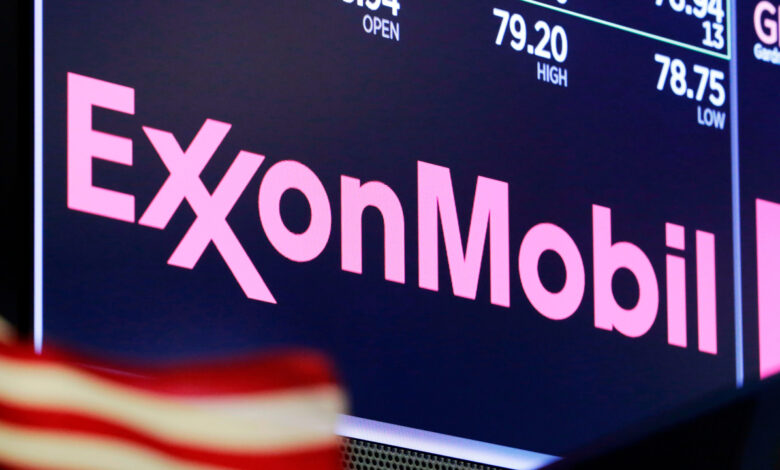Shell and Mobil Pay Dividend Despite $41 Billion Loss


In spite of the coronavirus crisis and its impact on the oil industry – reduced production levels, falling prices, and weakened refining margins – multinational oil companies are carrying on with their dividend payments this year, with some even raising the payouts.
British-Dutch company Royal Dutch Shell has seen a 71 percent drop in profits to $4.8 billion for the full-year 2020 – significantly below $16.5 billion recorded in 2019 and the lowest since Royal Dutch and Shell Transport merged in 2005.
On a headline basis (income from operations, trading, and investments only), Shell reported a $21.7 billion annual loss, its first-ever. Cash flow from operations was down nearly 40 percent to $6.3 billion in the fourth quarter while net debt increased to $75.4 billion.
But despite the impact of the pandemic on its balance sheet, the company has said it will increase its dividend by 4 percent to 17.35 cents a share in the first quarter of 2021.
The company had slashed its payout by 66 percent to 16 cents in April, the first time since World War II, only to later raise it to 16.65 cents in October in an attempt to attract investors as the oil market woes sunk its share price.
Shell’s strong cash flows and performance gave it the confidence to resume paying a higher dividend as part of a “new era” of annual growth, chief executive Ben van Beurden said, as reported by the Financial Times. “We are coming out of 2020 with a stronger balance sheet. We are committed to our progressive dividend policy.”
Also Read: Shell to Close Major Refinery Amid Pandemic-related Slump in Fuel Demand
A show of defiance
Like Shell, the energy market crisis has not prevented other energy majors from paying out dividends.
Exxon Mobil Corp. on Tuesday pledged to safeguard its tradition of paying healthy dividends even after posting its first annual loss in at least 40 years, a $19.3 billion write-down of U.S. natural gas and other assets, and the lowest production since the Mobil Corp. merger in 1999.
The company, which has so far avoided dividend cuts adopted by Shell and BP nor increased payouts since early 2019, said that even if crude prices were to dip to $45, it would sacrifice spending on new projects in order to pay dividends.
The move by Exxon was to assure investors of its financial health amid the crisis, which has forced it to cut 14,000 jobs, place huge projects from the Permian Basin to Mozambique on hold, and commit to slashing spending through the middle of this decade.
“The past year presented the most challenging market conditions Exxon Mobil has ever experienced,” chief executive Darren Woods said in a statement cited by Bloomberg. The company however returned to profit in Q4 2020, earning 3 cents per share after three consecutive quarterly losses.
Exxon and Shell are not alone in facing serious challenges. Chevron at the end of last week announced a surprise loss, which is down to weaker-than-expected refining margins, Bloomberg reported. But the company’s board raised its quarterly dividend by more than 8 percent or $0.10 to $1.29 per share.
British multinational BP also reported a small profit, which was a fraction of what the company earned in pre-pandemic days. Still, the explorer declared a $0.315 quarterly dividend, the same as the previous payout.
Also: ExxonMobil to Cut 14,000 Jobs, Reports Third Consecutive Quarterly Loss
Twin challenges
Apart from trying to navigate financial challenges brought on by the pandemic, oil majors are also confronted with growing criticism of their environmental record by climate-change campaigners and activist investors.
The pressure, stemming from a growing global push to shift towards lower-carbon energy, has seen several companies in the energy sector unveil strategies for a net-zero emissions future – primarily based on investing more in clean energy.
Meanwhile, global oil benchmark, Brent crude has recovered from historic lows hit last year to almost $59 a barrel, but still lower than the $70 level at the start of 2020.
Brent futures rose by $0.47 to reach $58.93 a barrel early Thursday after major producers – members of the Organisation of the Petroleum Exporting Countries (OPEC) and allies, known as OPEC+ – at a meeting Wednesday committed to maintaining reduced oil output to balance fuel demand.







